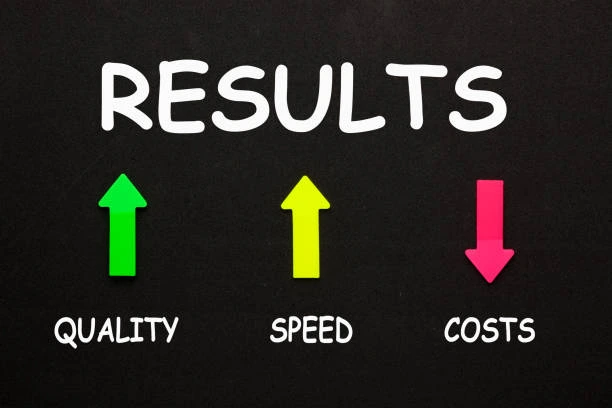Course Overview:
This comprehensive 10-day course is designed to equip professionals in NGOs and nonprofits with the essential knowledge and skills required for effective monitoring and evaluation (M&E) practices. Participants will learn how to design and implement M&E frameworks that enhance program effectiveness, ensure accountability, and facilitate learning and adaptation. The course will combine theoretical knowledge with practical exercises, case studies, and group discussions to foster an engaging learning environment.
Duration
10 Days
Who Should Attend
- Program Managers and Coordinators
- M&E Officers and Specialists
- Fundraising and Grants Management Professionals
- Policy Makers and Advocates
- Staff involved in project implementation and reporting
- Anyone interested in enhancing their M&E skills within the nonprofit sector
Course Objectives
By the end of this course, participants will be able to:
- Understand the fundamental concepts and principles of monitoring and evaluation.
- Design an M&E framework tailored to the needs of their organization.
- Develop effective indicators for measuring program outcomes and impact.
- Utilize qualitative and quantitative data collection methods.
- Analyze and interpret data to inform decision-making.
- Communicate M&E findings to stakeholders effectively.
- Foster a culture of learning and adaptation within their organization.
- Understand ethical considerations and best practices in M&E.
Course Outline:
Module 1: Introduction to Monitoring and Evaluation
- Overview of M&E in the nonprofit sector
- Key concepts and terminology
- Importance of M&E for NGOs and nonprofits
Module 2: M&E Framework Development
- Components of an M&E framework
- Logic models and theories of change
- Aligning M&E with organizational goals
Module 3: Setting Indicators
- Defining indicators: qualitative vs. quantitative
- Developing SMART indicators
- Examples of indicators in practice
Module 4: Data Collection Methods
- Overview of data collection techniques
- Surveys, interviews, focus groups, and observations
- Selecting appropriate methods for different contexts
Module 5: Data Analysis and Interpretation
- Introduction to data analysis techniques
- Quantitative vs. qualitative analysis
- Tools and software for data analysis
Module 6: Reporting and Communicating M&E Findings
- Structure and format of M&E reports
- Tailoring communication to different stakeholders
- Strategies for effective presentation of findings
Module 7: Learning and Adaptation in M&E
- Creating a culture of learning within organizations
- Using M&E data to inform program adjustments
- Case studies of successful adaptation
Module 8: Ethical Considerations in M&E
- Understanding ethics in data collection and reporting
- Ensuring confidentiality and consent
- Addressing power dynamics in M&E
Module 9: Practical Applications of M&E
- Role-playing data collection scenarios
- Analyzing real-world case studies
Module 10: M&E Challenges and Future Trends
- Common challenges in M&E for NGOs and nonprofits
- Innovative practices and technology in M&E
- Future trends in monitoring and evaluation
Customized Training
This training can be tailored to your institution needs and delivered at a location of your choice upon request.
Requirements
Participants need to be proficient in English.
Training Fee
The fee covers tuition, training materials, refreshments, lunch, and study visits. Participants are responsible for their own travel, visa, insurance, and personal expenses.
Certification
A certificate from Ideal Sense & Workplace Solutions is awarded upon successful completion.
Accommodation
Accommodation can be arranged upon request. Contact via email for reservations.
Payment
Payment should be made before the training starts, with proof of payment sent to outreach@idealsense.org.
For further inquiries, please contact us on details below:






